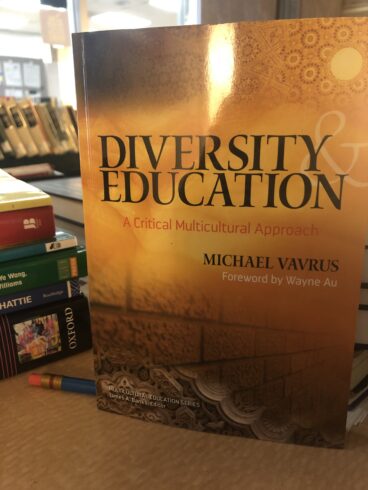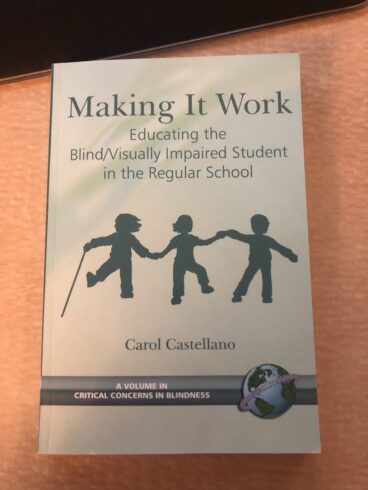All parents hope for an independent future for their blind/visually impaired child. To turn that hope into a reality, parents need to understand the scope of skill development that must be addressed, along with the importance of equal expectations for the child’s development, proper training, and opportunity to practice and develop skills. But what if expectations are low, training in blindness skills is scant or even absent, and overprotection prevents the blind (VI) child from learning and practising skills? The idea of an indepe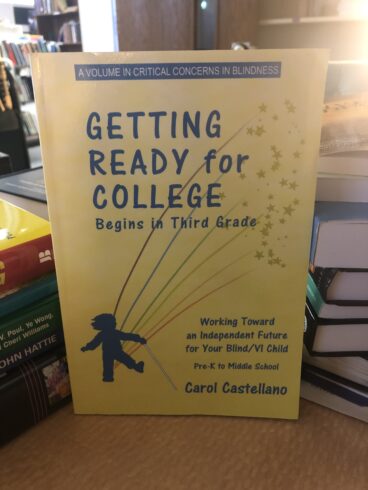 ndent future can remain a distant dream. The purpose of this book is to guide parents and teachers in fostering the blind/visually impaired child’s skill development in such critical areas as academics, independent movement and travel, social interaction, daily living, and self-advocacy so that he or she will truly be on the road to an independent future.
ndent future can remain a distant dream. The purpose of this book is to guide parents and teachers in fostering the blind/visually impaired child’s skill development in such critical areas as academics, independent movement and travel, social interaction, daily living, and self-advocacy so that he or she will truly be on the road to an independent future.
A practical, easy-to-use guide, written in plain English, the book warns about common problem areas and provides ideas for getting and keeping the child’s education and development on track. It highlights the interplay between skills and competence, confidence, self-respect, and the respect of others. Of the small number of books and videos available on the subject, most were written by professionals in the field and many begin with the supposition that blindness is at best sad and at worst tragic. Few have the ardent passion for independence that the parent of a blind/visually impaired child brings to the subject. Instead of overwhelming parents and teachers with the difficulty of the undertaking before them, Getting Ready for College Begins in Third Grade will inspire their confidence and enthusiasm for the task at hand.


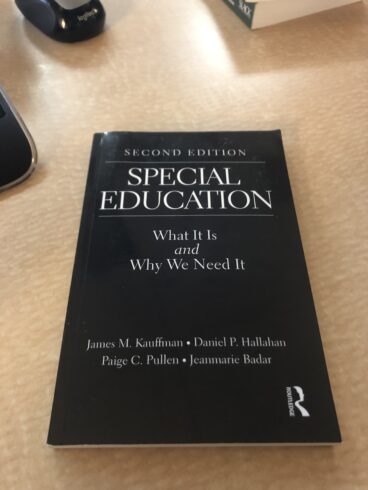
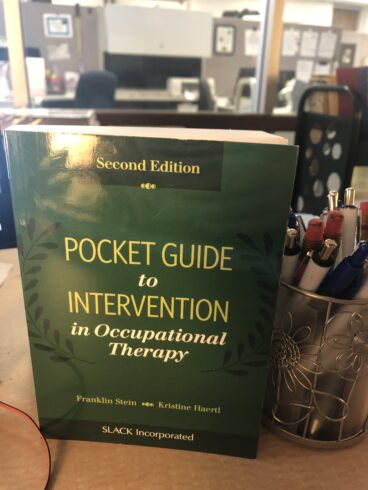
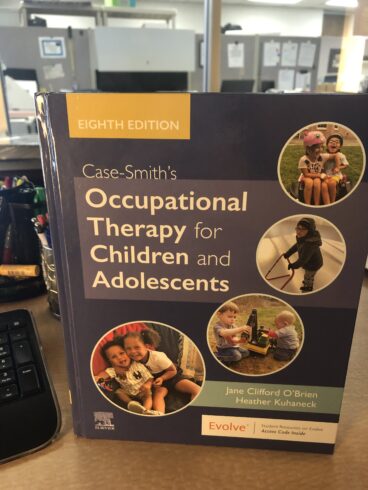
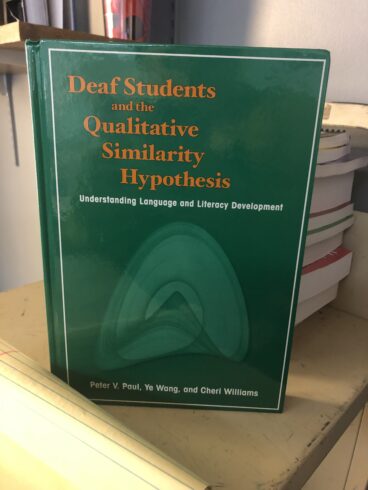
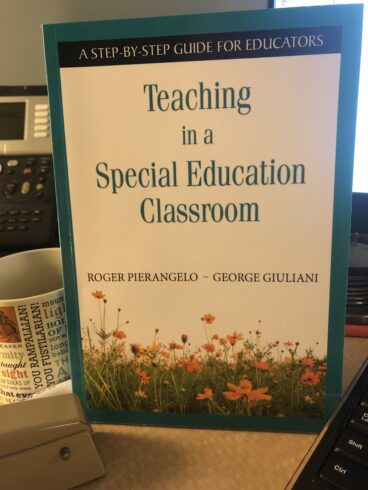
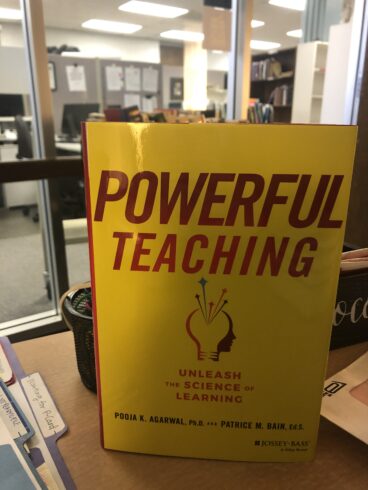
 ndent future can remain a distant dream. The purpose of this book is to guide parents and teachers in fostering the blind/visually impaired child’s skill development in such critical areas as academics, independent movement and travel, social interaction, daily living, and self-advocacy so that he or she will truly be on the road to an independent future.
ndent future can remain a distant dream. The purpose of this book is to guide parents and teachers in fostering the blind/visually impaired child’s skill development in such critical areas as academics, independent movement and travel, social interaction, daily living, and self-advocacy so that he or she will truly be on the road to an independent future. 